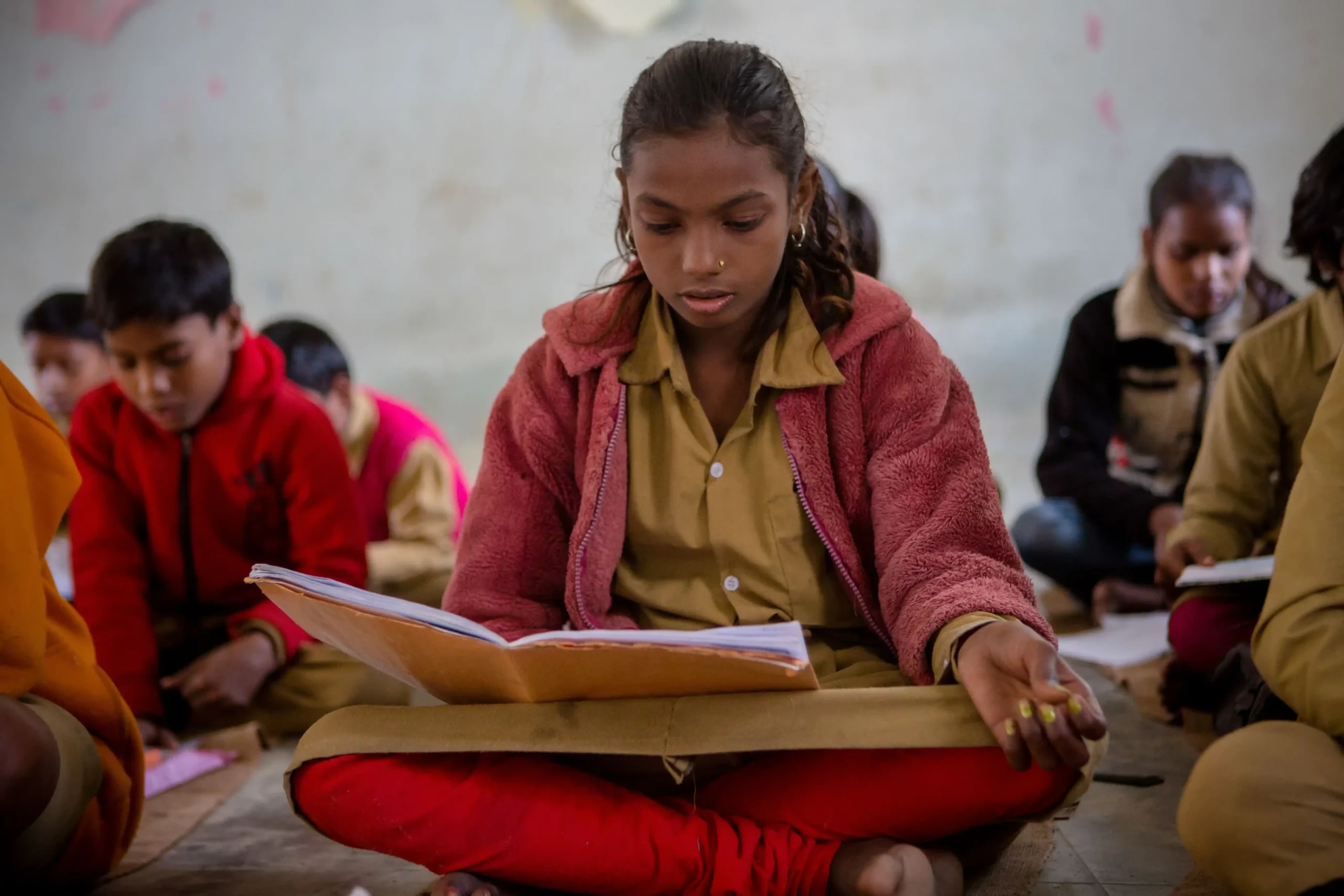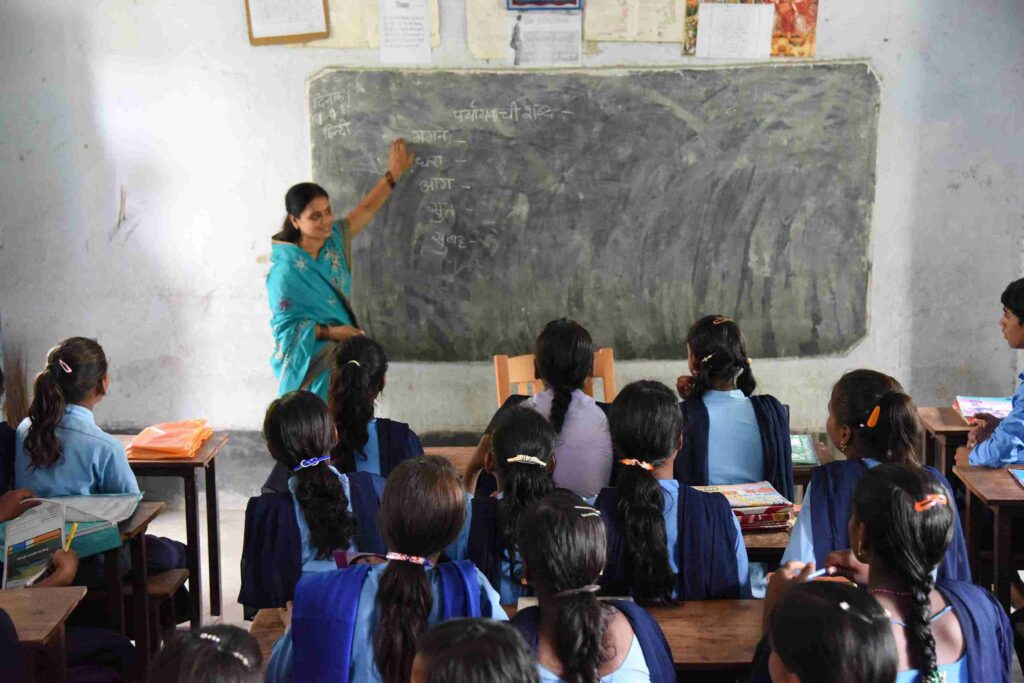
International Day of Women and Girls in Science: Celebrating the Girls in Science
Every year, the International Day of Women and girls in science brings the world together to celebrate curiosity, creativity, and the courage to expl....
Read MoreEvery child has the right to a safe and healthy learning environment, yet many in India, particularly girls, face challenges due to inadequate hygiene facilities in schools. The WASH programme (Water, Sanitation and Hygiene) is essential for providing clean drinking water, sanitation, and hygiene education, helping prevent diseases and manage hygiene, especially menstrual hygiene for girls. Lack of proper sanitation can lead to increased absenteeism and dropout rates among girls. Effective WASH in school program include gender-friendly toilets, hygiene education, community involvement, and partnerships with NGOs to ensure sustainable practices. CRY India focuses on improving WASH facilities to support girls' education, reduce absenteeism, and empower them to pursue their dreams.

Every child has the right to learn in a safe, healthy environment. Yet, for many children in India, especially girls, basic hygiene facilities in schools remain a challenge. The WASH programme in schools (Water, Sanitation and Hygiene) plays a vital role in ensuring that children not only stay healthy but also continue their education without interruption.
The WASH programme in schools focuses on providing safe drinking water, proper sanitation facilities, and hygiene education to children. By integrating these three elements, WASH creates a supportive environment where children can learn better, stay healthy, and practice healthy habits at home and in their communities.
The importance of WASH in schools cannot be overstated. Clean water and sanitation prevent diseases like diarrhoea, cholera, and infect, cholera, and infections, which are leading causes of absenteeism of children in school. Good hygiene habits also build a foundation for lifelong health and well-being.
Also Read: Children Must Have Access To Healthcare
When schools lack safe and separate toilets, many girls skip classes or drop out altogether. Privacy and dignity are essential for them to continue their education.
One of the most critical aspects of wash in schools is menstrual hygiene management. Without access to clean toilets, running water, and disposal facilities, girls often miss school during their periods, leading to learning gaps and lower confidence.
By providing safe and girl-friendly WASH infrastructure, schools can significantly reduce dropout rates. Girls who feel comfortable and supported are more likely to stay in school and complete their education.
Also Read: Impact of Sanitation on Child Health
Every school should ensure clean and accessible drinking water to prevent waterborne diseases and keep children hydrated throughout the day.
Separate, secure, and well-maintained toilets for girls are crucial. These facilities not only support hygiene but also give girls the confidence to attend school regularly.
Beyond infrastructure, children must be taught proper handwashing and hygiene practices. This behavior change is a key pillar of a successful wash programme in schools.
Also Read: Why Immunization Is Critical For Child Health
When parents, teachers, and local communities are engaged, WASH facilities are better maintained and respected. Community ownership ensures long-term success.
Collaborations with NGOs and private organizations bring technical expertise and innovative models that improve the reach and impact of WASH programmes.
Regular monitoring ensures that facilities remain functional and effective. Schools must plan for sustainability, including maintenance and continuous awareness campaigns.
Also Read: Equity in Education
At CRY – Child Rights and You, we believe that every girl deserves access to safe, clean, and supportive school environments. Our programs focus on:
By strengthening wash in schools, CRY helps girls attend school with dignity, reduce absenteeism, and pursue their dreams without barriers.
Support girl child education through CRY India and help girls stay in school, learn well, and dream big.
Also Read: National Girl Child Day